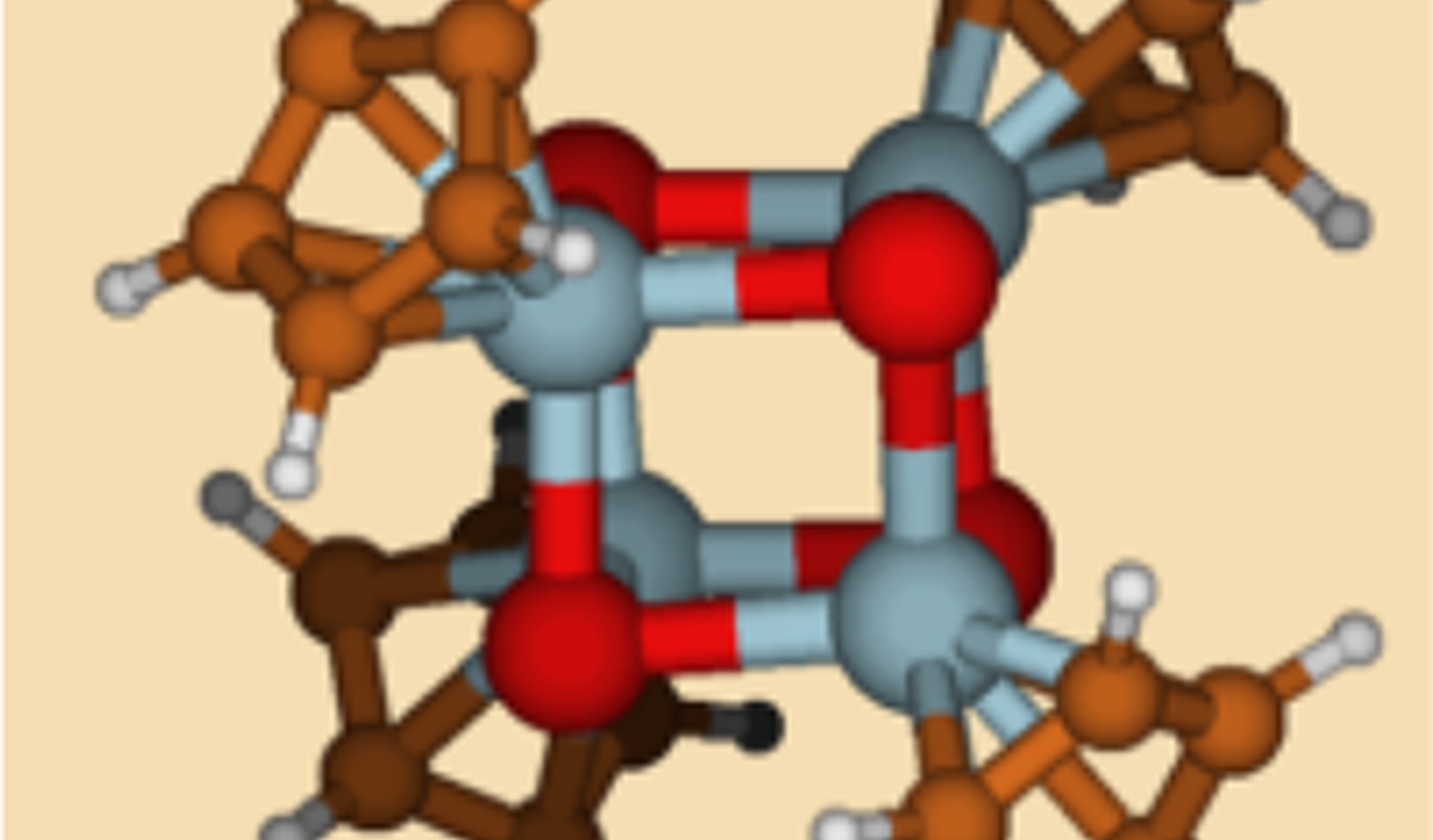Study of the oxidation states of aluminum in different environments

Internship
Type of Project: Experimental
Location: Donostia
Supervisor:
Xabier Lopez
Txema Mercero
Aluminum is the most abundant metal in the earth's crust. In spite of this, aluminum does not fulfill any biological function. In the last century, due to human activity, the bioavailability of aluminum has increased considerably, so that some authors have called our industrial society as the age of aluminum. Unfortunately, there is growing evidence of its toxic effects. The study of aluminum chemistry is fundamental to understanding these effects. However, the experiments with aluminum face a series of difficulties in the laboratory, and they also need interpretation. In this sense, Computational Chemistry has become a fundamental tool for the understanding of Aluminum Chemistry. In the present project, the oxidation state of a series of aluminum complexes will be calculated, with the purpose of analyzing the possible reduction of aluminum in biological systems, following the method of effective oxidation states.
The main objectives of this project are the following: To develop the skills and understanding of the Theoretical Chemistry by the students, to familiarize them with the use of computational techniques, to develop the bibliographic search skills and to predict the oxidation states of the aluminum in various environments. In order to do this, the following tasks will be carried out:
a) A database of aluminum structures will be generated in different environments.
b) The oxidation state of aluminum in these environments will be studied, in order to determine the accuracy of the EOS method.
c) The oxidation state of aluminum in different biological environments will be characterized
